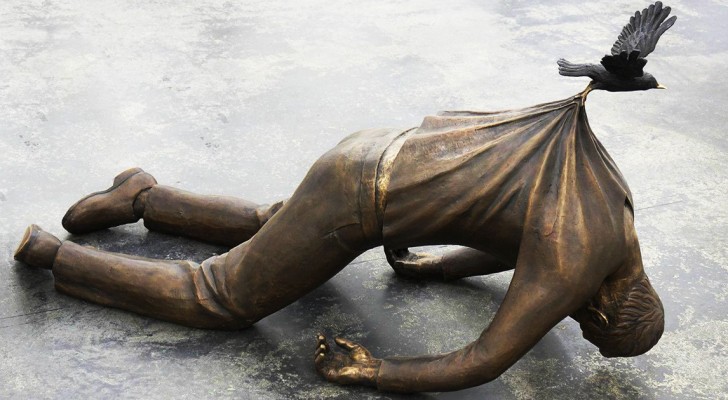Can you think of one thing that Jesus asked his followers to do that was so puzzling then as it is now? For that, we don’t have to look far. Today’s Gospel reading contains one such message and a very radical dinner planning advice. “When you give a luncheon or dinner, do not invite your friends, your brothers or sisters, your relatives, or your rich neighbors; if you do, they may invite you back and so you will be repaid. But when you give a banquet, invite the poor, the crippled, the lame, the blind, and you will be blessed” (Luke 14:12-14).
How are we to understand such a radical call to love a stranger? Jesus surely did not mean that when planning a fancy and expensive dinner, we have to go out to search, find and invite the poor, the crippled, the lame and the blind to our houses? Maybe, like any other Biblical message that pushes us out of our comfort zones, this, too, should be understood as an allegory and not literally? Or, perhaps not.
Many modern biblical commentaries and church fathers understood and interpreted this passage literally. One great example is the Armenian Catholicos Nerses the Great from the fourth century A.D. Contemporaries write that the great saint would gather the neglected and ignored, the poor and the sick around his dinner table every day.
However, it is also important to recognize that times and the fabric of the society have changed much since the days of our Lord’s ministry in the first century or fourth century when St. Nerses lived. We no longer live in small towns where everyone knows each other personally, and the doors of homes are left open during dinner time for everyone. So, what does this passage mean to us today? How are we to understand and incorporate it into our spiritual lives and faith?
Too often today, faith is defined and reduced to going to church. And while a corporate liturgy is an essential part of our spirituality, faith is what we do after we leave the church. Our interactions with strangers, our healing presence in the struggles and lives of the neglected, the poor, the ignored, the outcasts of society is where true faith is found. This is why the stranger, the wounded and the poor are such important figures in the Gospel of our Lord. Why? Because we can’t find God in heaven if we don’t first find him in the homeless shelter in our own town, in the soup kitchen minutes away from our homes, in the struggles and misery of a single mother striving to find a job and feed her kids living a few houses down from our church. It is virtually impossible for a Christian to find salvation, enter the Kingdom of Heaven or even experience faith all alone or through some direct spiritual interaction with God. The gates of the heavenly kingdom can’t be reached or entered alone, but only by carrying someone else there with us. Someone who has no means to repay us, someone who has nowhere else to turn, someone who is hurting and wounded, lost, abandoned and forgotten by everyone else. Giving and sharing our very best, our precious and limited time, our efforts, energy with a stranger in pain and in need of help is the message and invitation of the Holy Gospel and Church today.


